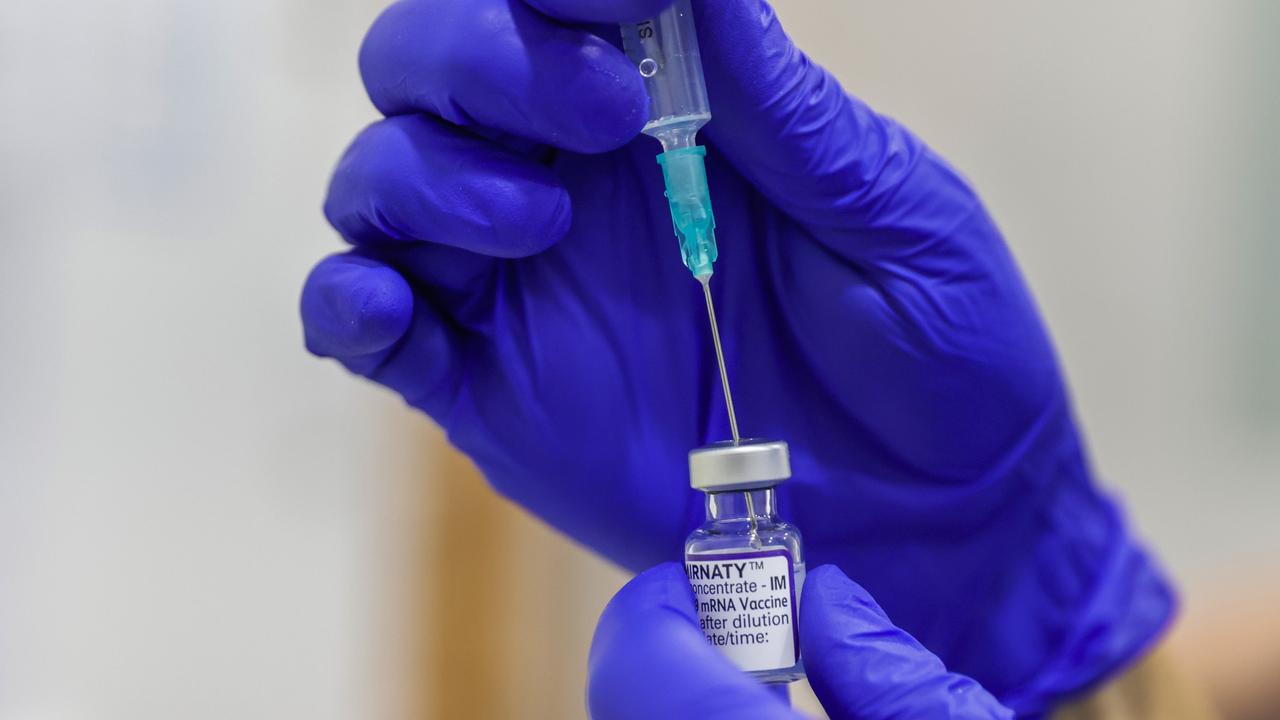Covid-19: Healthcare workers now only must isolate for 7 days if close contact
NSW Health have changed the rules for the state’s frontline healthcare workers as they battle to have enough staff to deal with the latest Covid spike.
NSW Health has overhauled the isolation requirements for healthcare workers who become close contacts of Covid cases through their work or households.
Healthcare workers will now have to quarantine for just seven days instead of two weeks if they become close contact of a household member.
The move comes as case numbers across the state have skyrocketed and more than 2000 health workers have reportedly been put on furlough, stretching the exhausted health system.
Workers deemed “essential to service delivery” were previously required to stay home for 14 days if someone in their household tested positive – causing havoc for the state’s burdened healthcare system.

Before returning to work, staff will be required to have a negative PCR test on day six and to follow a “risk assessment plan” which includes daily rapid antigen testing, always using PPE while working, and following any other Covid-safe protocols in their facility
Healthcare workers who become exposed by a friend or family member in a social setting will also be able to return to work after they get a negative PCR test on their second day.
Others who become close contacts in the workplace will have their isolation requirements determined by their workplace’s risk assessment system.
NSW Health Deputy Secretary Nigel Lyons said the changes will help maintain patient capacity in the health system.
“Healthcare workers are the most vital workers needed in a pandemic, and the safety
of staff working at NSW Health is of the utmost importance,” Dr Lyons said.
“These changes are possible because healthcare workers are required to be
vaccinated, many have recently received booster doses, they are trained in infection
control practices, they wear PPE in the workplace, and they have access to rapid
testing.”
The changes come as 2000 healthcare workers were forced to isolate amid rising Covid-19 hospitalisations.




